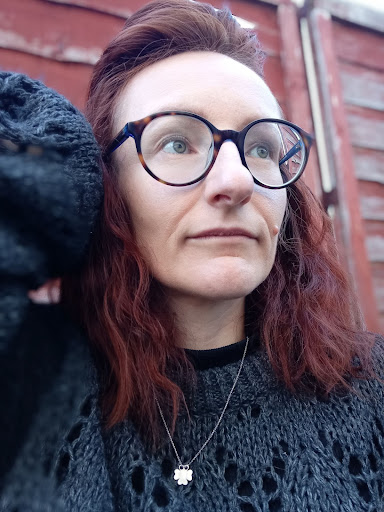Dr YouTube: multilingualism and multimodality in gender transition narratives on Polish social media
MIC Distinguished Lecture Series
Date: Thursday, April 27th Time: 3pm Location: Frey 205
“Trans YouTube” is a valuable performative and discursive space, allowing young trans creators to maintain, present and communicate a desired sense of self. Distinct genres of trans narratives have been established, including transitional videos, “DIY gender” (advice videos) or anti-bullying videos (O’Neill 2014). Social media genres often originate in English and eventually spread to other languages, such as Polish, where they retain not only linguistic (terminologies borrowed/translated from English) but also discursive/ideological influence (for example, Anglo-American cultural understandings of gender and sexuality). In my current project, I explore multilingual practices on Polish trans social media as an illustration of negotiations between the global LGBTQ+ sociolect and the local socio-cultural context. Looking at them in conjunction with innovative multimodal performances they are embedded in allows me to trace the process of trans-creating the new language of the Polish trans community, a language that emphasizes their agency and better expresses their individualized and localized gender transition experiences.
Speaker:
Dr. Joanna Chojnicka

Joanna is a Marie Curie Postdoctoral Fellow at Cardiff University, Wales, working
on her project concerned with multilingual practices and gender and sexuality discourses
in Polish transition narratives. She received her PhD in linguistics in 2012 at the
Adam Mickiewicz University in Poznań, Poland. After that, she worked as a postdoctoral
researcher at the universities of Konstanz and Bremen, Germany, exploring gender discourses
and attitudes towards the LGBTQ+ community in Central and Eastern Europe. She is interested
in the relationship between language, gender and sexuality; in discourses of argumentation,
manipulation and resistance, as well as in multilingual, translanguaging and translation
practices.
